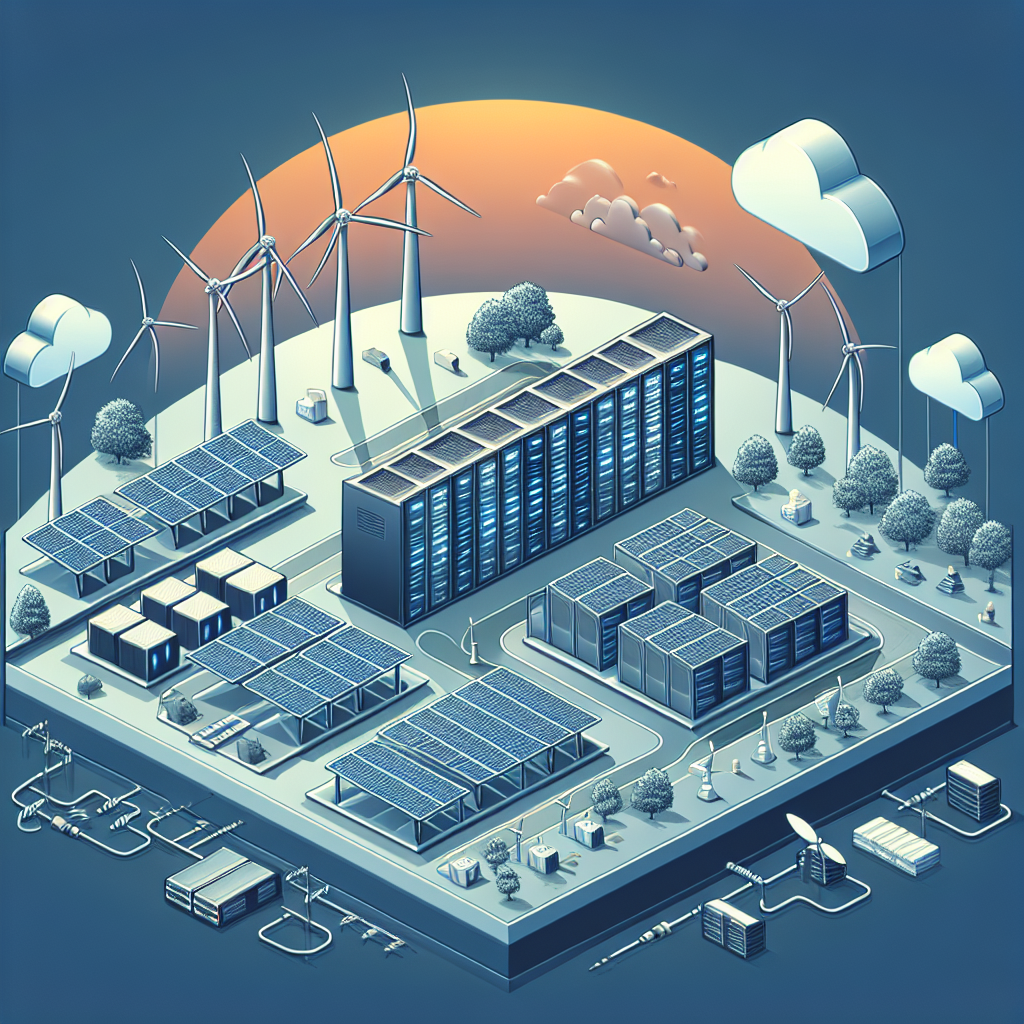Your cart is currently empty!
Sustainable Solutions for Data Center Energy Efficiency

Data centers are the backbone of the digital world, housing the servers and infrastructure that power our online activities. However, these facilities consume a significant amount of energy, leading to high operational costs and environmental impact. In fact, data centers are estimated to consume about 1-2% of global electricity, and this number is expected to grow as our reliance on digital services continues to increase.
In light of these challenges, it is imperative for data centers to adopt sustainable solutions to improve energy efficiency and reduce their carbon footprint. Here are some key strategies that data centers can implement to achieve this goal:
1. Green building design: Data centers can reduce energy consumption by incorporating sustainable building design principles, such as using energy-efficient cooling systems, optimizing airflow management, and implementing renewable energy sources like solar panels and wind turbines. Green building certifications like LEED (Leadership in Energy and Environmental Design) can also help data centers demonstrate their commitment to sustainability.
2. Energy-efficient equipment: Data centers can upgrade to energy-efficient servers, storage devices, and networking equipment to reduce their overall energy consumption. Virtualization and consolidation of servers can also help optimize resource utilization and minimize energy waste.
3. Efficient cooling systems: Cooling represents a significant portion of a data center’s energy consumption. Implementing advanced cooling technologies, such as hot aisle/cold aisle containment, free cooling, and liquid cooling, can help data centers reduce their cooling energy requirements and improve overall energy efficiency.
4. Energy monitoring and management: Data centers can implement energy monitoring systems to track and analyze energy usage in real-time. This data can help identify inefficiencies and opportunities for improvement, allowing data center operators to make informed decisions to optimize energy consumption.
5. Renewable energy sourcing: Data centers can reduce their reliance on fossil fuels by sourcing electricity from renewable energy sources, such as solar, wind, and hydro power. Power purchase agreements (PPAs) with renewable energy providers can help data centers achieve their sustainability goals and reduce their carbon emissions.
6. Energy recovery systems: Data centers can implement energy recovery systems, such as heat exchangers and waste heat recovery systems, to capture and repurpose waste heat generated by IT equipment for heating or cooling purposes. This can help data centers reduce their energy consumption and lower their operational costs.
By adopting these sustainable solutions, data centers can improve their energy efficiency, reduce their environmental impact, and contribute to a more sustainable future. It is crucial for data center operators to prioritize energy efficiency and sustainability in their operations to ensure a greener and more efficient digital infrastructure.

Leave a Reply